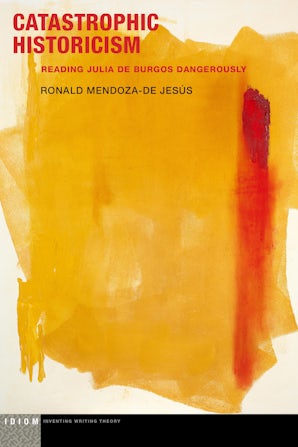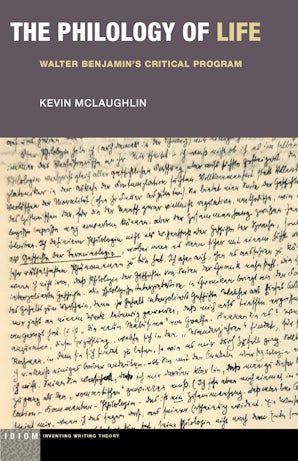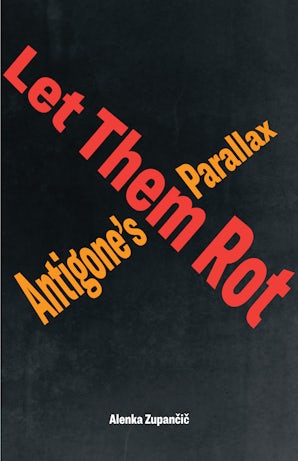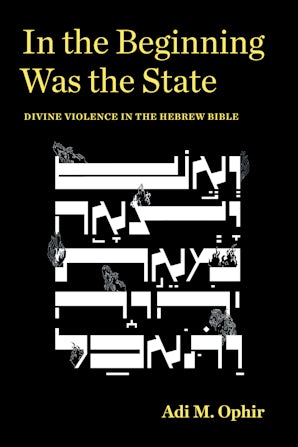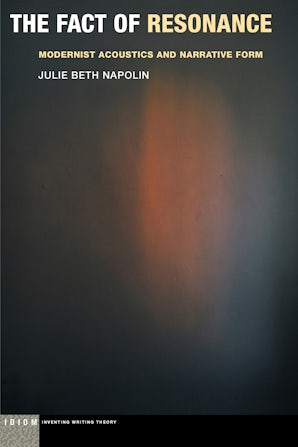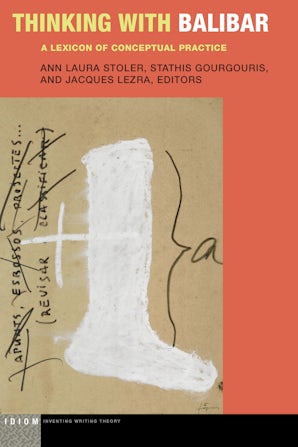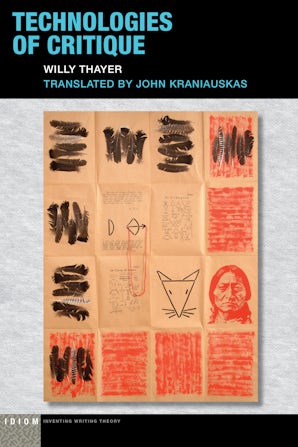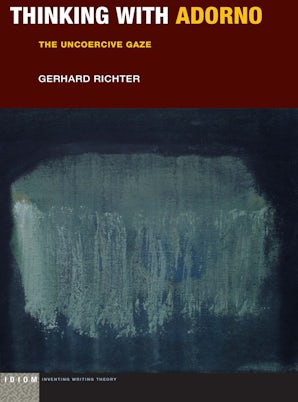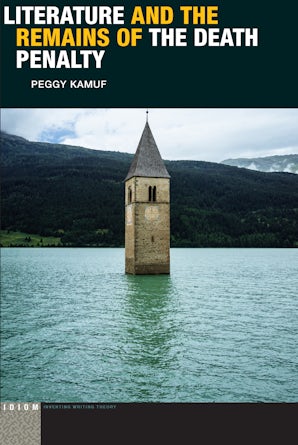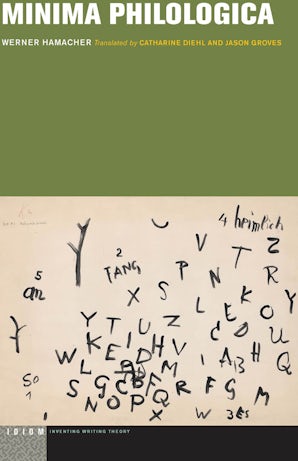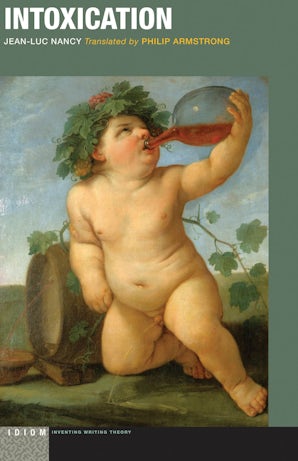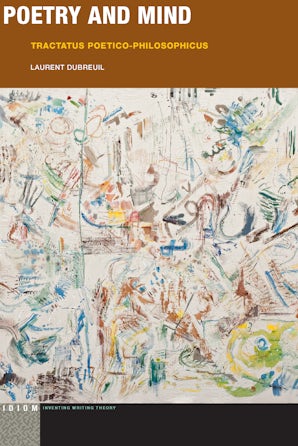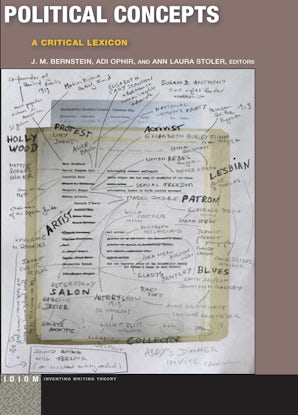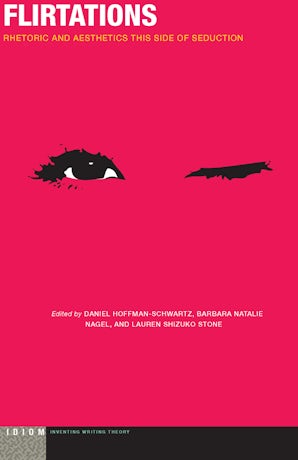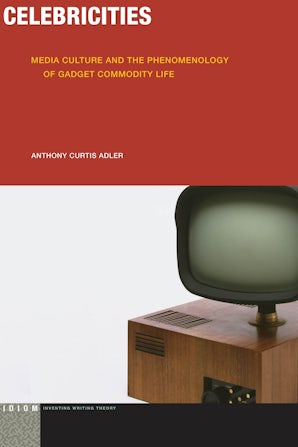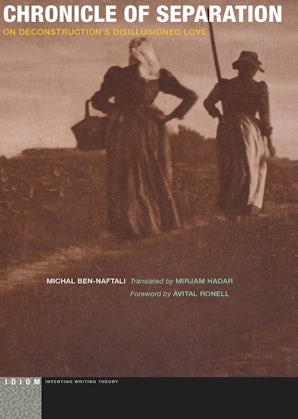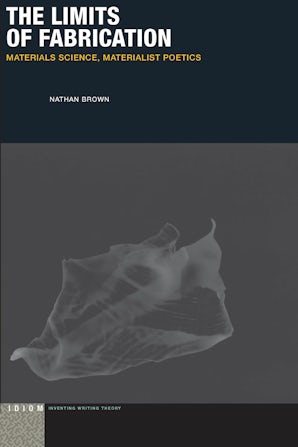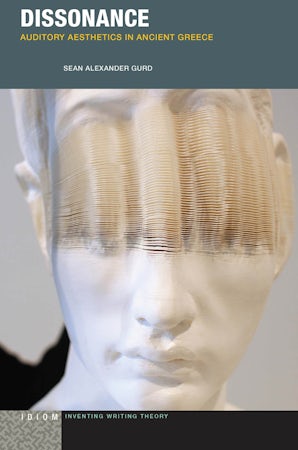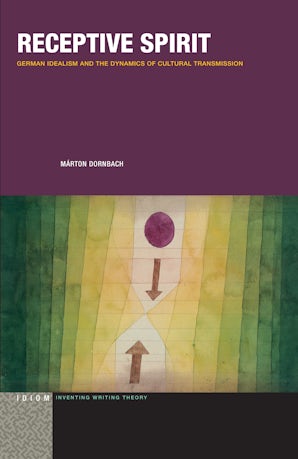Idiom: Inventing Writing Theory
Series Editors: Jacques Lezra (University of California, Riverside) and Paul North (Yale University)
Idiom publishes books developing new critical and theoretical idioms. What can be said is how it is written—this is the series’ basic premise, which guides editorial decisions and book acquisitions.
Books in the series develop idioms that expand, deform, reinvigorate, or exceed existing genres and styles of theoretical writing in any discipline. The series name gestures toward a conflict between the familiar and the foreign within a language; it seeks to remind us that the edge of every dialect (including those dialects we call professional idioms and languages) is an idiolect. Spanish calls any language un idioma and this is one way to understand the word. Every language has its own modes, rules, exceptions that make it one language and not another. When an utterance is not foreign to a language we call it “idiomatic.” Idiom also indicates a potential plurality of foreign languages, otros idiomas, existing virtually within any individual tongue. These are the singular idioms through which a single language delaminates, stretches, and multiplies. We propose a shift from idiomatic theory—theory that sounds like theory—to idiomorphic theory, theoretical writing that takes a philological attitude toward its language—theory that loves language and loves especially language’s plasticity.
Idiom unshutters a venue for scholars to ask different and still profound questions in and around cultural critique, continental and Anglo-American philosophy, political, literary, art, and film theory, psychoanalysis, and other disciplines and discourses, using unexpected methods, in divergent modes of presentation. A renewal of theory should point toward reforms in the basic categories of intellectual work, indeed in the conception of intellectual activity as work, distinguishing between techniques and technologies, products and contents, acts and non-acts. We pitch a tent for homeless projects that draw into question basic disciplinary assumptions or dwell in underappreciated and marginal areas. The two requirements for books in the series are that they be theoretical in their approach and habit-breaking in their writing.

Defective Institutions
Jacques Lezra
ISBN: 9781531506919
More DetailsCatastrophic Historicism
Ronald Mendoza-de Jesús
ISBN: 9781531505646
More DetailsThe Philology of Life
Kevin McLaughlin
ISBN: 9781531501693
More DetailsLet Them Rot
Alenka Zupančič
ISBN: 9781531501044
More DetailsIn the Beginning Was the State
Adi M. Ophir
ISBN: 9781531501419
More DetailsRationalist Empiricism
Nathan Brown
ISBN: 9780823290017
More DetailsThe Fact of Resonance
Julie Beth Napolin
ISBN: 9780823288168
More DetailsThinking with Balibar
Edited by Ann Laura Stoler, Stathis Gourgouris and Jacques Lezra
Contributor(s): Emily Apter, Étienne Balibar, J. M. Bernstein, Judith Butler, Monique David-Ménard, Hanan Elsayed, Didier Fassin, Stathis Gourgouris, Bernard Harcourt, Jacques Lezra, Patrice Maniglier, Warren Montag, Adi M. Ophir, Bruce Robbins, Ann Laura Stoler and Gary Wilder
ISBN: 9780823288489
More DetailsTechnologies of Critique
Willy Thayer
Translated by John Kraniauskas
ISBN: 9780823286737
More DetailsThinking with Adorno
Gerhard Richter
ISBN: 9780823284023
More DetailsLiterature and the Remains of the Death Penalty
Peggy Kamuf
ISBN: 9780823282296
More DetailsMinima Philologica
Werner Hamacher
Translated by Catharine Diehl and Jason Groves
ISBN: 9780823265350
More DetailsIntoxication
Jean-Luc Nancy
Translated by Philip Armstrong
ISBN: 9780823267736
More DetailsPoetry and Mind
Laurent Dubreuil
ISBN: 9780823279647
More DetailsPolitical Concepts
Adi M. Ophir and Ann Laura Stoler
Edited by J. M. Bernstein
Contributor(s): Stathis Gourgouris, Gil Anidjar, Ann Laura Stoler, Adi M. Ophir, Gayatri Chakravorty Spivak, Étienne Balibar, J. M. Bernstein, Joan Copjec, Jacques Lezra, Andreas Kalyvas, Jean L. Cohen and Akeel Bilgrami
ISBN: 9780823276691
More DetailsFlirtations
Barbara Natalie Nagel and Lauren Shizuko Stone
Edited by Daniel Hoffman-Schwartz
ISBN: 9780823264902
More DetailsCelebricities
Anthony Curtis Adler
ISBN: 9780823270804
More DetailsChronicle of Separation
Michal Ben-Naftali
Translated by Mirjam Hadar
ISBN: 9780823265800
More DetailsThe Limits of Fabrication
Nathan Brown
ISBN: 9780823272990
More DetailsDissonance
Sean Alexander Gurd
ISBN: 9780823269655
More DetailsReceptive Spirit
Márton Dornbach
ISBN: 9780823268290
More Details

